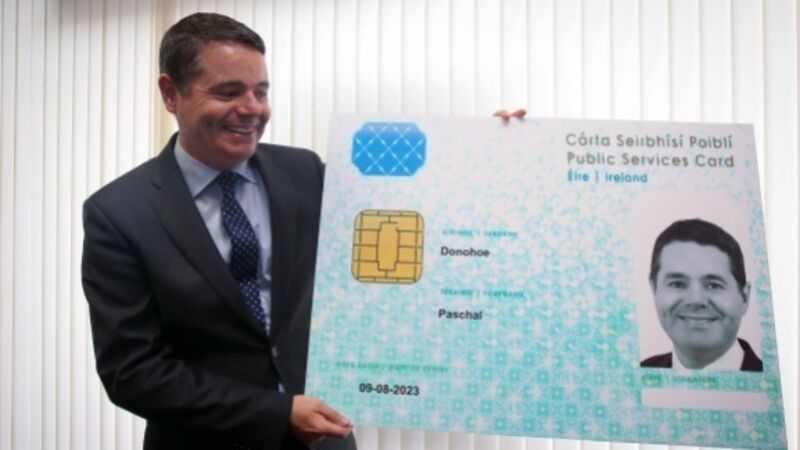Services card data over-reach fiasco

Is it possible that the botched introduction of water charges is to lose its blue riband status as the most spectacular failure in public administration this century?
Yesterday’s ruling from the Data Protection Commission (DPC) that the State must purge “unlawful” data it holds on 3.2m citizens from its database suggests that unenviable title is again in play.
















